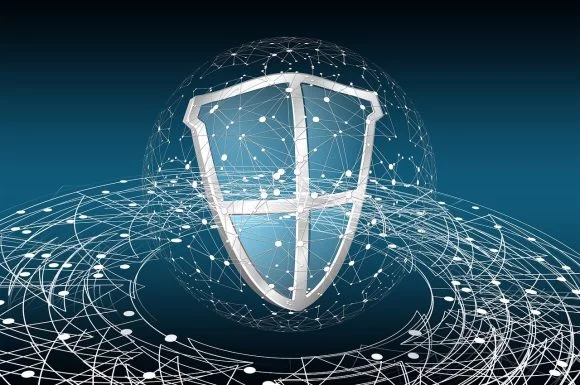
Despite the fact that most organisations would stand to benefit from the support of a vCISO, many companies have no idea what this means. In today’s blog, we will take a deep dive into vCISO services, by establishing who vCISOs are, what they do, and how they can help organisations bolster their security protections.
What is a vCISO:
A Virtual Chief Information Security Officer (vCISO) is an outsourced information security specialist who aids organisations by developing, implementing and enforcing security policies which protect critical data. These individuals use their years of industry experience to help organisations strengthen their security posture, and the impartial nature of a vCISO means they can offer unbiased cybersecurity expertise, strategies, and assessments.
Types of vCISO:
Strategic CISO:
SISOs work to keep top-level business security goals, emerging threats, and the awareness of security teams consistently in alignment. They will use a roadmap of improvements across people, policies, processes, and technologies to effectively manage anticipated business risks.
Technical CISO:
A TISO’s area of specialty includes technical security controls and management, including critical security operations, functions, and firewall management. Additionally, they work to ensure effective threat monitoring and IDS / IPS (Intrusion Detection System / Intrusion Protection System) infrastructure.
Business Information CISO:
BISOs focus on handling data security problems that have an immediate effect on the company. For instance, part of their duties includes putting best practices for customer data protection and customer-centric technologies into action.
What a vCISO Offers:
Virtual CISOs will work on a retainer basis to support your business’ specific operations, which means that the extent of their role is defined by each company’s needs. In general, a vCISO will be able to assist by:
- Offering independent, unbiased cybersecurity expertise, methodologies, and resources
- Reducing the possibility of data breaches
- Offering in-house training for staff
- Supporting organisations in reaching security standards (ie. maintaining the ISMS for ISO 27001)
- Managing an organisation’s suite of cyber protection tools
- Scheduling regular meetings (both remote and on-site) to discuss security strategies
- vCISO services often comes with a SOC add-on to allow the company’s devices to remain secure
Benefits of a vCISO:
The main advantages of engaging a virtual CISO include:
1. Cost Effective:
Outsourcing a vCISO is a cost effective alternative to hiring an internal CISO, which is challenging, expensive, and laborious. This is particularly true for small and medium sized businesses, who are more likely to lack sufficient resources to engage an internal CISO.
2. Enhanced Security Posture:
vCISOs will improve your security standards by identifying your vulnerabilities, and providing a roadmap to redress and overcome these. Your organisation will benefit from the guidance and assistance of an independent and highly accomplished security expert.
3. Flexibility:
Virtual CISOs can be engaged in accordance with business demands, which means that they offer a flexible approach to managing security risks.
4. Improved Visibility:
Using an external body to help manage your cybersecurity can provide a fresh point of view to identify issues or vulnerabilities. This positions vCISOs to give you a better view of the threat activities and vulnerabilities that exist across your IT infrastructure.
5. Efficient Resource Allocation:
Engaging a vCISO will free up your employees to focus on completing their regular business operations, whilst your vCISO focuses on strategising to protect your business from threats.
Conclusion:
vCISOs offer a cost effective and efficient approach to managing and improving your organisation’s security posture. They are an invaluable tool when it comes to information security, and the benefits they bring to an organisation cannot be overstated. If you are interested to learn more, you can get in touch with our experts here.





